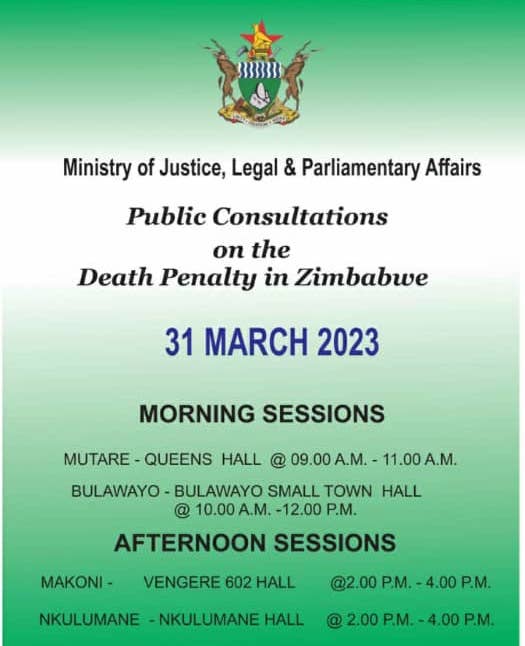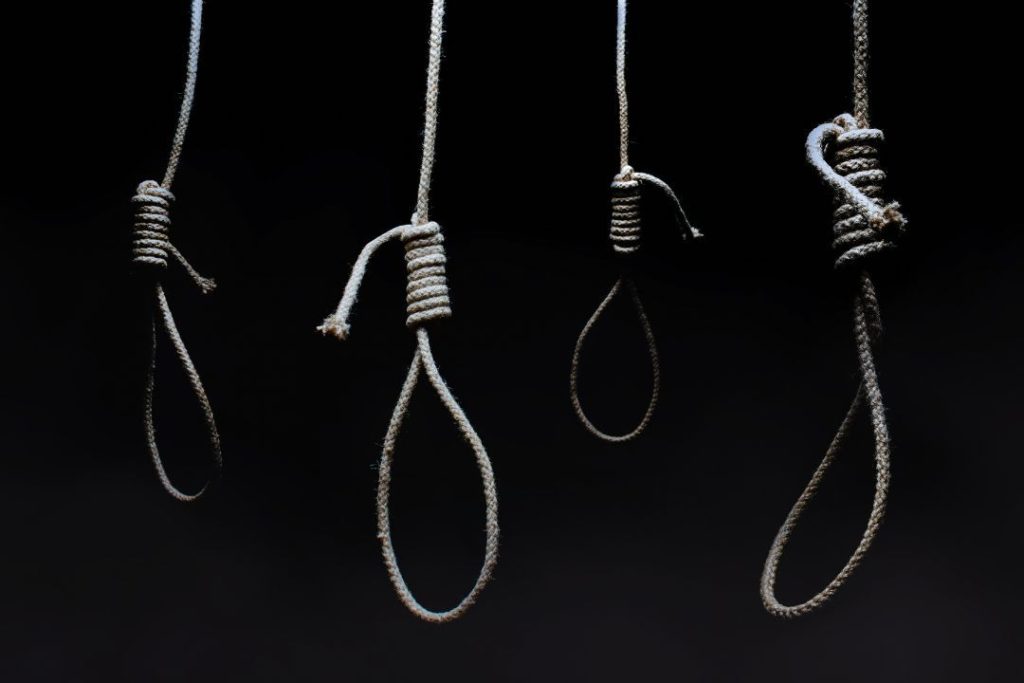
The issue of whether to uphold or abolish the death penalty is a contentious one that has sparked debates across the globe. Zimbabwe is one of the countries grappling with this issue.
On one hand, proponents of the death penalty argue that it serves as a deterrent to would-be offenders, and that certain crimes warrant this ultimate punishment. They argue that the death penalty is necessary for justice, as it allows perpetrators of heinous crimes to be held accountable for their actions.
On the other hand, opponents of the death penalty argue that it is a cruel and inhumane form of punishment that violates human rights. They contend that the death penalty does not effectively deter crime, and that it risks condemning innocent individuals to death. Furthermore, they argue that there is no empirical evidence to suggest that the death penalty has any greater deterrent effect than life imprisonment.
In Zimbabwe, the death penalty is still a legal form of punishment, and it is applied in cases of murder and treason. However, there is increasing pressure to abolish the death penalty. Last year, Zimbabwe’s Constitutional Court declared that sentencing people to death by hanging is unconstitutional, citing the cruel and inhumane nature of the punishment.
It is worth noting that the use of the death penalty in Zimbabwe has been controversial, with several cases of wrongful convictions, as well as claims of political bias in its application.
In light of these factors, it is clear that there are strong arguments for and against the death penalty in Zimbabwe. Ultimately, the decision of whether to uphold or abolish the death penalty is a complex one that requires careful consideration of the legal, ethical, and human rights implications.
As a society, we must continue to engage in open and honest debates about the use of the death penalty, and consider the best approach to achieving justice while upholding the rights and dignity of all individuals involved.





